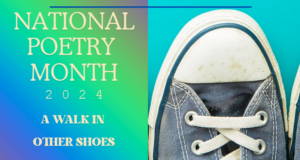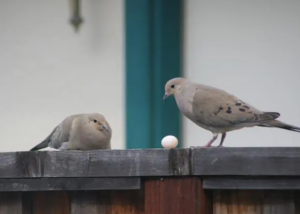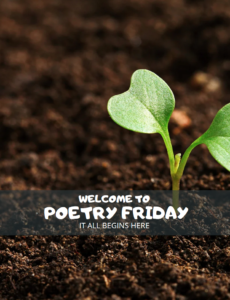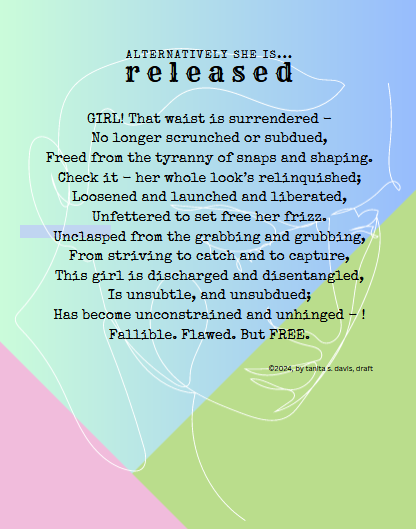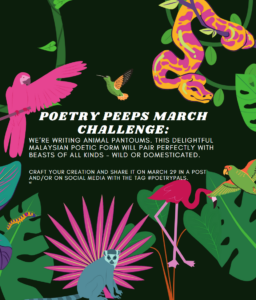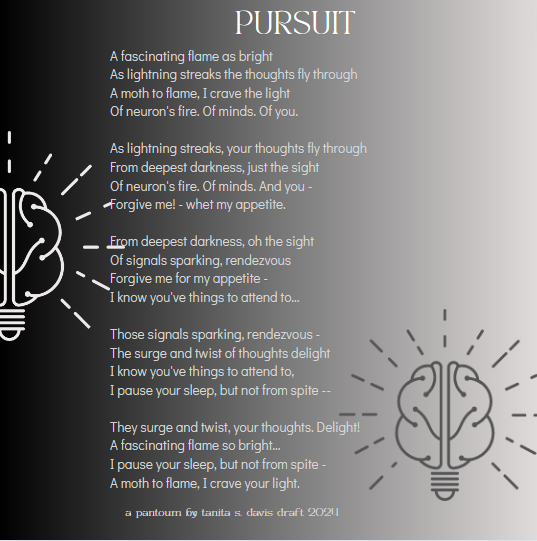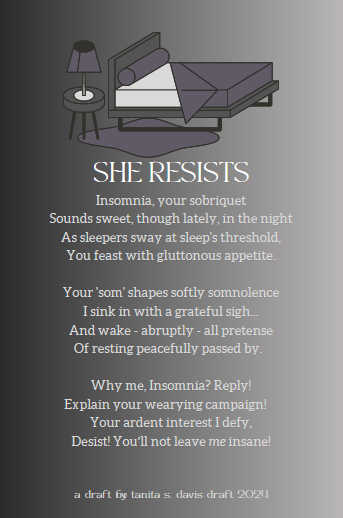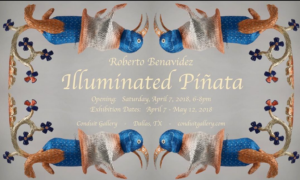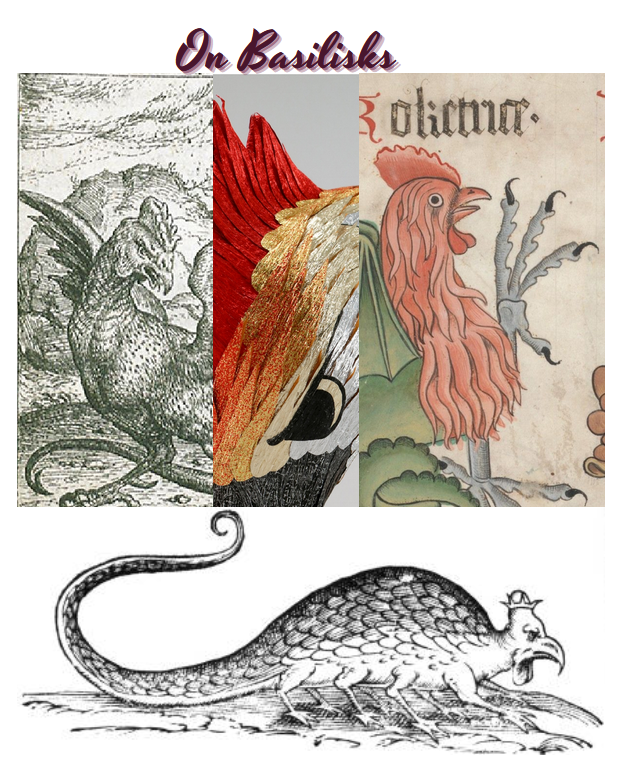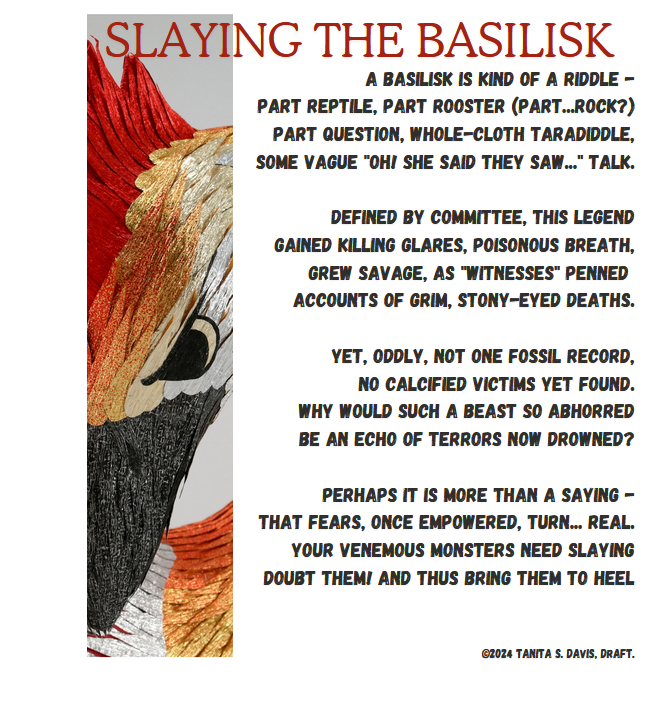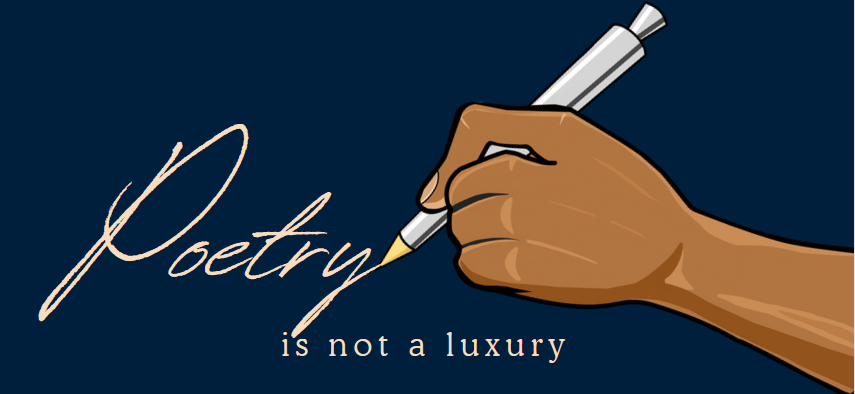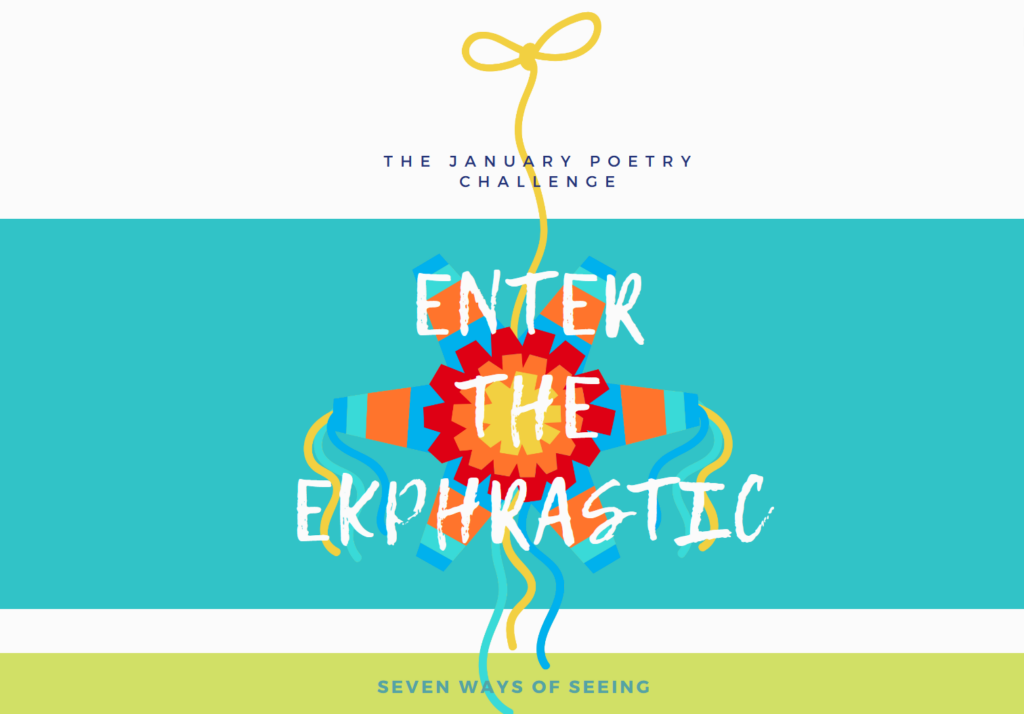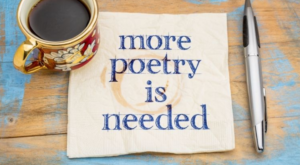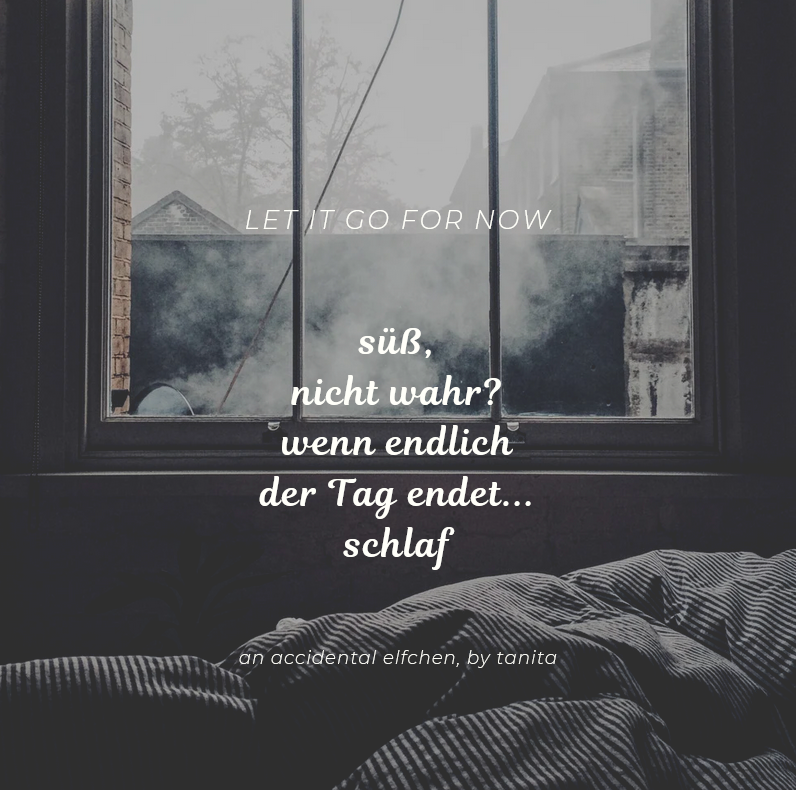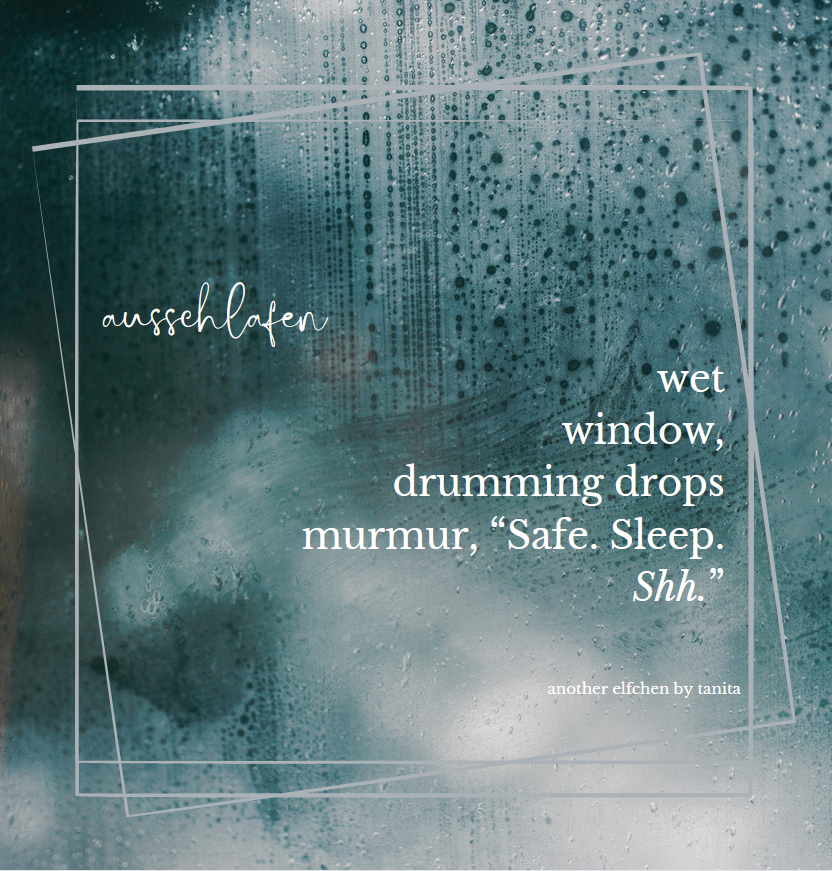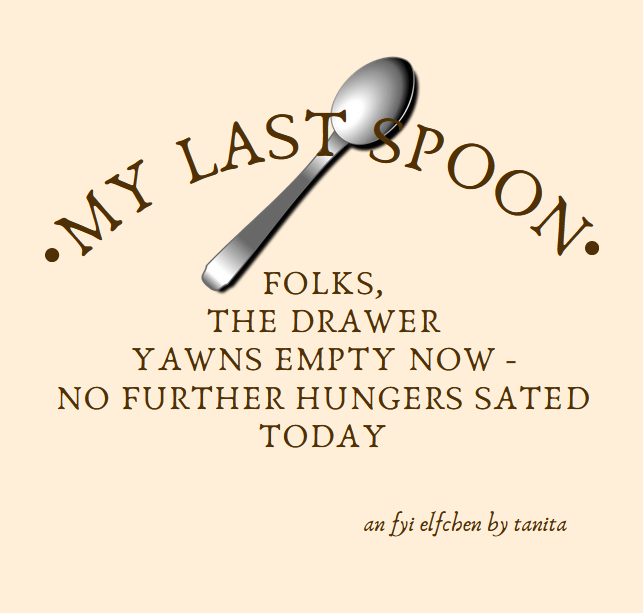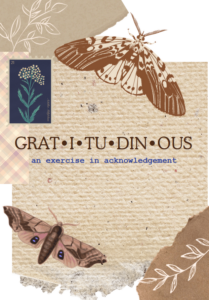Welcome to another Poetry Friday Poetry Peeps Adventure!
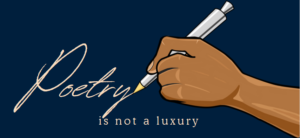
Poetry Peeps! You’re invited to our challenge for the month of April! Here’s the scoop: As a final celebration for National Poetry Month, we’re exploring the work of Rebecca Kai Dotlich and Georgia Heard’s, Welcome to the Wonder House, and noodling through answers to what we consider to be “unanswerable questions.” How do ants sound complaining? When do stars sing? Let’s wonder as we wander through the natural world – and ask and answer those wonderings in whatever way that appeals to you. Are you game? Good! Whatever way of seeing that you choose, you have a month to craft your creation and share it on April 26 in a post and/or on social media with the tag #PoetryPals.
(P.S. – Here’s an answerable question: do you know what you’re doing for National Poetry Month this April? I’m taking part in the Progressive Poem for the first time, ever. Last I looked there were a few spots left…! If you’ve never done it, why not give it a shot?)
*waves* Hello especially if you’ve dropped by today because you’re one of the St. Mary’s Episcopal School scholars, or one of the EIGHT HUNDRED readers from the San Mateo County Library District who had a school visit with me this week. Welcome!
From Process…
Since the pantoum is a familiar and well-loved form for our Poetry Peeps, this month Cousin Mary Lee introduced Padraig Ó Tuama from Poetry Unbound, to our practice. As our brief was to write a pantoum and include animals in some fashion, we felt free to come at the project from a variety of different ways. I used these eight prompts on different days and in varying moods to get the answers to questions which might take me deeper into the topic. In answering the questions, we began to expand our thinking about ordinary interactions. While I doubt I used these prompts entirely as directed, they were a welcome push in the right direction to get me started:
Write a line about something that’s become ordinary for you: The restless shift of windblown leaves.
Where does this ordinary thing happen? Dust baths of birds against expanse of earth.
Write a line about time: When did you notice this ordinary thing had become ordinary? A year of watching shifts of shadow through walls of window.
Other surrounding events: what happens before it? what happens after it? Clamor lifts the blinds like opened eyes, revealing drowsing birds on hard fence post bed.
What is a single feeling you have about this ordinary thing? Amusement at our vastly different ideas of comfort – no cottage core cozy, but a slab of post.
What do you most wish to say about this ordinary thing? (You may wish to imagine yourself speaking to a person you think will listen: it could be yourself.) Open your hand to the gift of ubiquity, dust baths and freedom to flee, lending magic to the earthbound.
Write a line showing us an object that’s associated with this ordinary: A curtain drawn back opens me not to sky but to dirt.
Write something about your body and this ordinariness: Widening eyes expansive as horizon’s wings, I too, will settle, not soar, yet still sing.
A lot of us used this prompts in various ways – or not at all. This week’s host, our very own Miss Rumphius interpreted ‘animals pantoums’ in this way. Sara saw it thusly. Liz’s poem went this direction. Cousin Mary Lee’s pantouming pointed her this way. Laura’s poem is here. Michelle K.’s poem is here. Heidi’s cardinal poem is here. Carol V’s hummingbird is here. Denise K. brought a western fence/ lizard. Linda B. joins the party here, and Margaret brought elephants! More poets may be paso doblé-ing with the pantoum, so check in throughout the weekend, for the round up, won’t you? (Seeing as it’s Easter Weekend and I’m singing with either an a cappella sextet or a full chorus with organ, bells, strings and trumpet voluntary every day from now until Sunday, I might be slow, but I’ll get there!)
… To Poem
As you can see, for me it was less about answering the questions and rearranging them for actual use in a poetry, and more… just idea generation, which I used as a springboard to create subtle differences in the way I use the traditional pantoum repetition. Once I started expanding on the prose ideas, combining the ordinary with an animal really came easily. What’s more ordinary in the backyard than a dove? I have to admit that I don’t know if my doves are rock pigeons, mourning doves, white-winged doves, or common ground doves. They’re just ubiquitous – and sketchy, fluttering off if I look at them too hard. But, they’re a very common bird that I have come to have a rather uncommon love for. Growing up, my father kept pigeons. They’re faithful parents, but their nest-building tends to surprise people. They lived on rocks, before they were domesticated, and they prefer rocks for nesting. They prefer pecking leftovers on the ground, than to eat from the feeder – as a matter of fact, they won’t. They are the most low-key, low-maintenance bird to invite to the yard – and they might stay, if they feel like it – or they might skitter off and you’ll never see them again. You can put out a nesting box, and they might use it. They’re just passing and yet, they show up every year anyway. I can’t quite figure them out, and yet they intrigue me.
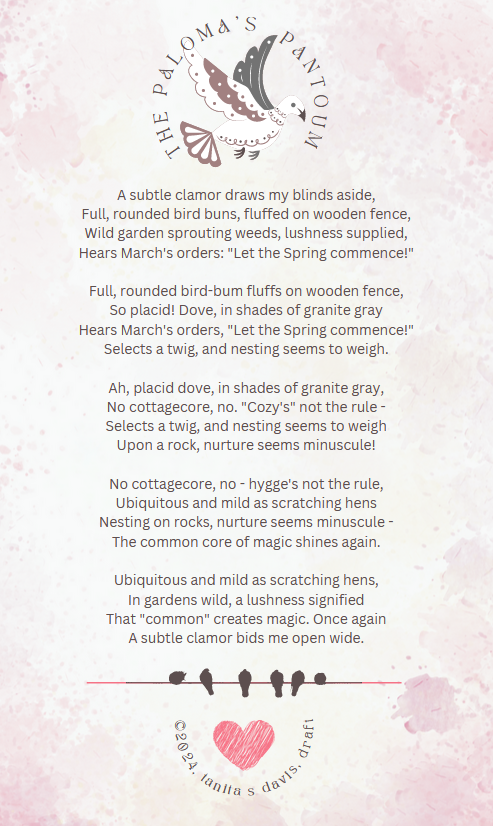
A Paloma’s Pantoum
A subtle clamor draws my blinds aside,
Full, rounded bird buns, fluffed on wooden fence,
Wild garden sprouting weeds, lushness supplied,
Hears March’s orders: “Let the Spring commence!”
Full, rounded bird-bum fluffs on wooden fence,
So placid! Dove, in shades of granite gray
Hears March’s orders, “Let the Spring commence!”
Selects a twig, and nesting seems to weigh.
Ah, placid dove, in shades of granite gray,
No cottagecore, no. “Cozy’s” not the rule –
Selects a twig, and nesting seems to weigh
Upon a rock, nurture seems minuscule!
No cottagecore, no – hygge’s not the rule,
Ubiquitous and mild as scratching hens
Nesting on rocks, nurture seems minuscule –
The common core of magic shines again.
Ubiquitous and mild as scratching hens,
In gardens wild, a lushness signified
That “common” creates magic. Once again
A subtle clamor bids me open wide.
I wasn’t joking about their preference for fence posts and their tendency to “select a twig” and weigh the idea of making an actual nest; rock pigeons and doves make equally flimsy, horrifying-to-non-dove-observers, deeply un-cozy nests. This image is courtesy of Nancy Carver of Livermore, from our local paper’s annual weird nest “contest” several years ago.
What ordinary thing captures your heart, and elevates your thoughts? What beauty and grace is there in the commonplace in your life? May it pry your heart open wide this weekend. Pax.♥
